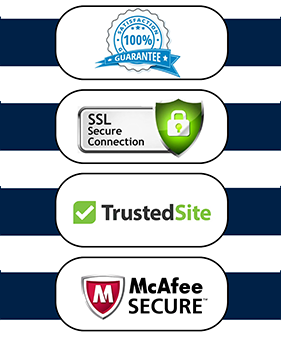
PMI-RMP Exam Dumps
- Exam Name: PMI Risk Management Professional
- Certification Name: PMI PMP Certification
- Exam Code: PMI-RMP
- Total Questions Provided: 274
- Last Updated: Apr 13, 2025




Elevate Your Risk Management Career with the PMI-RMP Exam
Technological and Domain Expertise for the PMI-RMP Exam
To excel in the PMI-RMP exam, candidates must possess a strong understanding of risk management principles and practices. The exam covers five key domains, including Risk Strategy and Planning, Risk Identification, Risk Analysis, Risk Response, and Monitor and Close Risks. Candidates must demonstrate their expertise in areas such as risk assessment, risk mitigation strategies, project risk management, and the application of risk management tools and techniques.
Career Benefits and Job Opportunities
Earning the PMI-RMP certification can open up a world of career opportunities for aspiring risk management professionals. Successful candidates can leverage their expertise to take on roles such as Project Risk Manager, Risk Analyst, Risk Consultant, or Risk Coordinator. These positions are in high demand across various industries, including Information Technology, Construction, Finance, and Healthcare. The PMI-RMP certification can also enhance your earning potential and provide a competitive edge in the job market.
Preparing for the PMI-RMP Exam
To prepare for the PMI-RMP exam, candidates should focus on developing a comprehensive understanding of the exam topics, including Risk Strategy and Planning, Risk Identification, Risk Analysis, Risk Response, and Monitor and Close Risks. This can be achieved through a combination of self-study, attending training courses, and practicing with PMI-RMP exam dumps to familiarize themselves with the exam format and question types.
Conclusion
The PMI-RMP certification is a valuable asset for professionals seeking to advance their careers in risk management. By demonstrating expertise in the key domains of risk management, successful candidates can unlock a wide range of job opportunities and enhance their earning potential. Start your journey towards the PMI-RMP certification today and take the first step towards a rewarding career in this dynamic field.

Currently there are no comments in this discussion, be the first to comment!